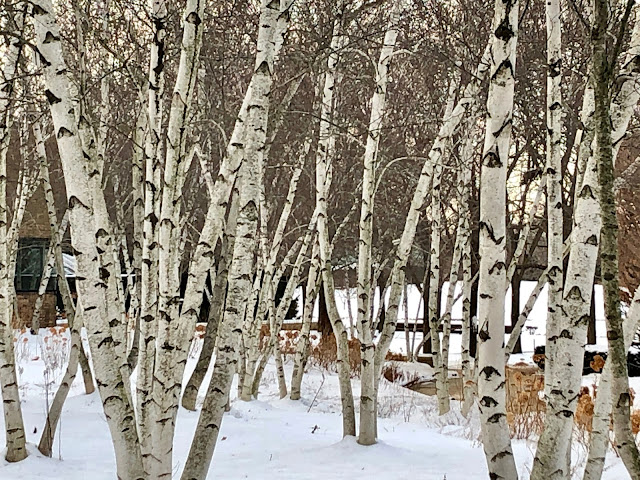 |
| NCAR |
Off to Boulder today on family business. I've been going there for almost half a century, and every now and then someone asks why I don't live there. It's sooooo beautiful.
"Just lucky I guess," is one explanation. This is another. Reading it now, for the first time after 20 years, I'm surprised that I've turned into a pants-wetting liberal, because this sounds like a proto- crusty libertarian venting his disdain. Or even—horrors!—a conservative-in-the-making. Dodged that bullet.
BOULDER, COL.—When the wind is calm, the mountains act as a bowl, trapping the smoky effluvia drifting up from the city in a stagnant brown haze.
This haze dampens the finely tuned self-regard of people here by implying they live in a polluted place. So they are moved to action: They ban fires in fireplaces, communicating that fires are verboten that day by printing a red dot on the front page of the newspapers. If the coast is clear, the dot is blue.
It is no empty threat. If a cop notices smoke coming out of your chimney on a red dot day, he'll give you a ticket.
The ban is gospel. My mother, normally as cynical as myself, if not more so, eagerly chirped, "It's a blue dot day!" when I arrived and demanded the traditional Prodigal Son greeting of Manhattans, Scrabble and a fire in the fireplace.
As an outsider, it is clear to me that the fireplace business is a sham, both overly intrusive and ineffectual. If they really want to cut down on the haze, they would somehow restrict those giant sport-utility vehicles even more popular here than in Lincoln Park, because mountains exist here in reality rather than in daydream.
But to do that might inconvenience people, might keep them from blasting from Starbucks to soccer to Whole Foods.
It's all part of what I've come to refer to as "The People's Republic of Boulder," a net of well-intended social programming that sounds progressive until you actually think about it.
For instance: My mother showed off her new cellular phone, the service for which is provided free by the city. They do this because she teaches in the public schools. If you fail to make the connection, here's a hint: Columbine. Rather than entertain the notion that such tragedies are unique events that cannot be forestalled, it's easier, if not cheaper, to give away free cell phone service, so teachers are ready to call in SWAT teams next time.
The town is peppered with progressive, Swedenlike socialist bells and whistles: crosswalks with flashing yellow strobe lights built into the street, to catch the attention of speeding SUV owners. Big signs that flash: "YOU ARE SPEEDING!" to shame drivers into slowing. Camera/radar devices at intersections check your speed, take a picture of your car and mail a ticket without diverting any of Boulder's finest from their chimney-checking duties.
Every time I visit, my parents—oblivious to the Singaporelike police state in which they live—make the pitch that I should abandon my life in dynamic, frantic, forward-straining Chicago to join the cultlike sonambulism of life in Boulder.
The notion always leaves me speechless. Why anybody would want to live in a town where the officials are sniffing at your chimney? Where all the women aspire to look like Spanish widows from a W. Eugene Smith photo essay—plain, coarse-spun clothes, severe hair pulled straight back and covered? I swear, there's more makeup in Sugar Rautbord's purse than in the whole town.
There's no way to tell my parents this, of course. The smaller the place, the more certain its residents are that they live in the only spot on Earth.
My visit reminded me of the time I went to the top of the Sears Tower with a trio of Yanomamo Indians from South America. They were the real thing—they checked their spears at the entrance to the observation deck. They stood for a long time, gazing out at the enormous vista of streets and buildings, running to the horizon.
What, I asked one, through an interpreter, will he say about this to their fellow tribesman, back in the rain forest?
He said: "I am going back to tell my people that though we call ourselves 'the fierce people,' and we think we are The People, there is a greater world out there than we realize."
Isn't that how it always is?
—Originally published in the Sun-Times, Feb. 10, 2000








